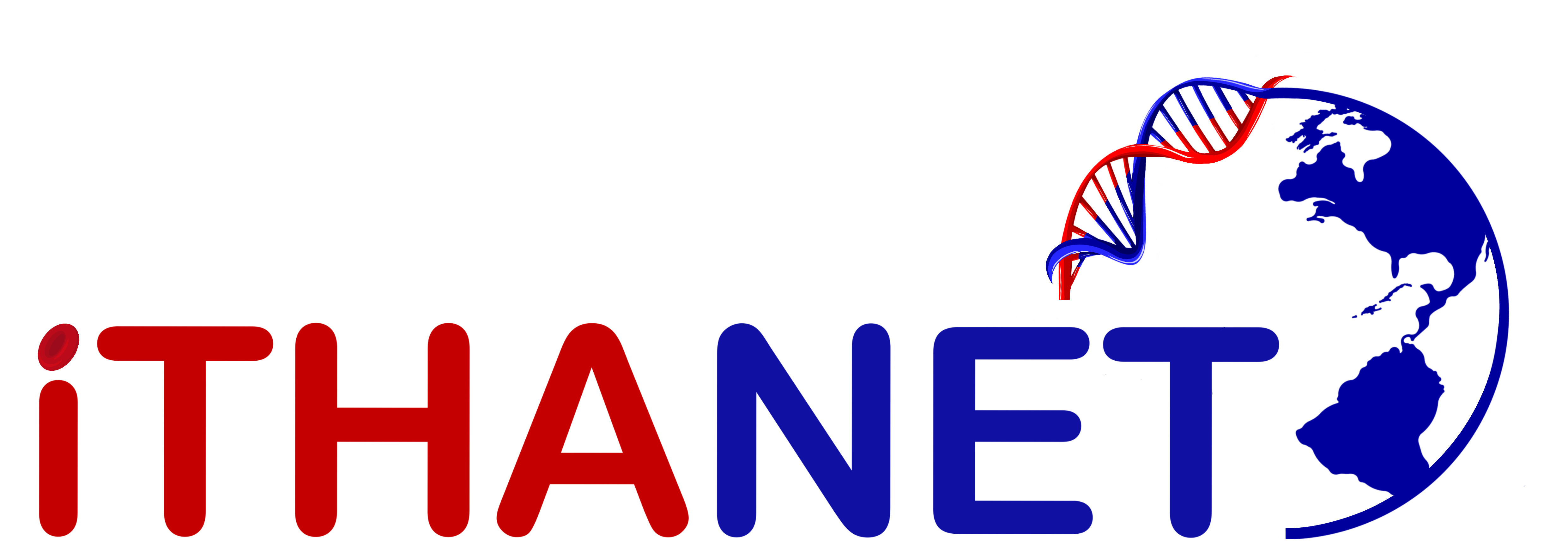
IthaID: 2686
Names and Sequences
| Functionality: | Disease modifying mutation | Pathogenicity: | N/A |
|---|---|---|---|
| Common Name: | rs1042713 | HGVS Name: | NG_016421.1:g.5285A>G, NG_016421.1:g.5285A= |
We follow the
HGVS sequence variant nomenclature
and
IUPAC standards.
Context nucleotide sequence:
CAGCGCCTTCTTGCTGGCACCCAAT [A/G] GAAGCCATGCGCCGGACCACGACGT (Strand: +)
Comments: SNP (GG genotype) associated with elevated red blood cell adhesion to laminin in individuals with sickle cell disease (SCD) acquired from the Sickle cell Centre of the Duke University. Red cell adhesion is thought to contribute to the vaso-occlusive process in SCD [PMID: 18324973]. SNP associated with chronic pain in SCD and was found to be in a linkage disequilibrium block in the studied cohort [PMID: 28162517].
External Links
Phenotype
| Allele Phenotype (Cis): | N/A |
|---|---|
| Allele Phenotype (Trans): | N/A |
| Associated Phenotypes: |
Pain [HP:0012531] RBC adhesion |
Location
| Chromosome: | 5 |
|---|---|
| Locus: | NG_016421.1 |
| Locus Location: | 5285 |
| Size: | 1 bp |
| Located at: | ADRB2 |
| Specific Location: | Exon 1 |
Other details
| Type of Mutation: | Point-Mutation(Substitution) |
|---|---|
| Effect on Gene/Protein Function: | Missense codons (Protein Structure) |
| Ethnic Origin: | N/A |
| Molecular mechanism: | N/A |
| Inheritance: | Quantitative trait |
| DNA Sequence Determined: | Yes |
In silico pathogenicity prediction
Publications / Origin
- Eyler CE, Jackson T, Elliott LE, De Castro LM, Jonassaint J, Ashley-Koch A, Telen MJ, beta(2)-Adrenergic receptor and adenylate cyclase gene polymorphisms affect sickle red cell adhesion., Br. J. Haematol. , 141(1), 105-8, 2008
- Jhun E, He Y, Yao Y, Wilkie D, Molokie R, Wang J, (283) Beta2-adrenergic receptor gene polymorphisms and haplotypes associate with chronic pain in sickle cell disease., J Pain , 17(4), S46-S47, 2016
Created on 2016-05-12 09:50:42,
Last reviewed on 2017-10-16 17:23:11 (Show full history)
Disclaimer: The information on this website is provided as an information resource only
and must not to be used as a substitute for professional diagnosis and treatment.
The ITHANET Portal and IthaGenes are not responsible or liable for any advice, course of treatment,
diagnosis or any other information, services or products that an individual obtains through this website.